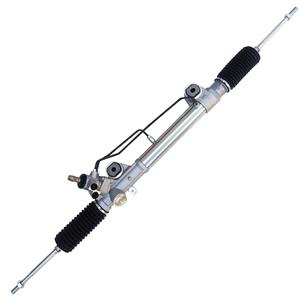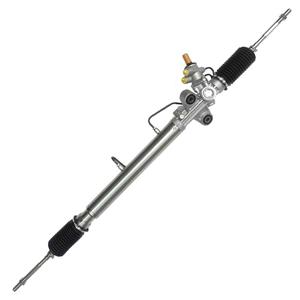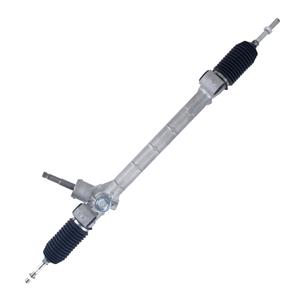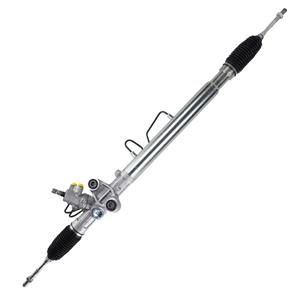Which steering system provides the best driving experience?
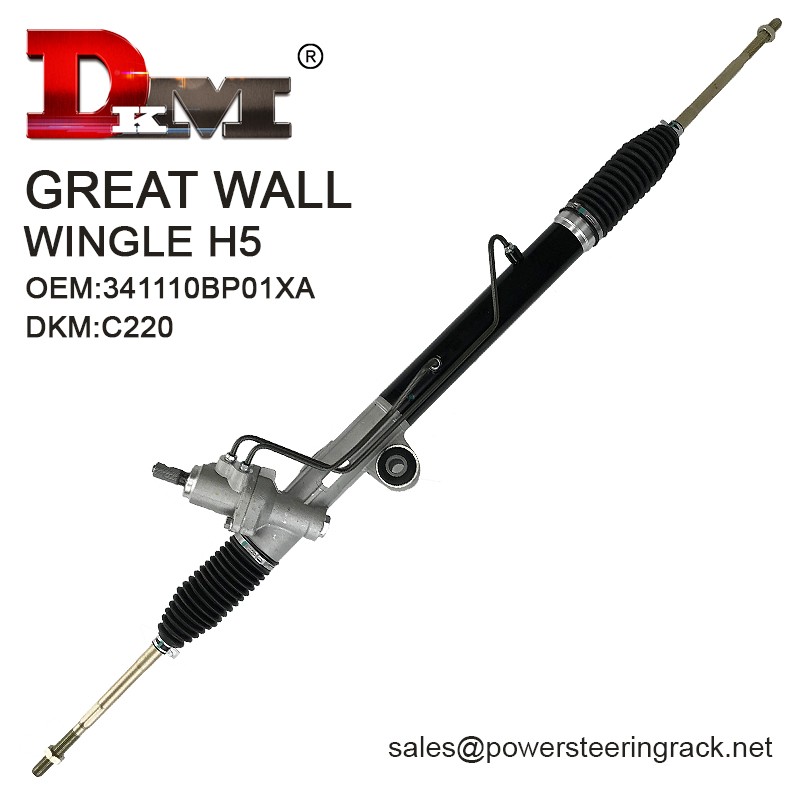
In modern automotive technology, the steering system is one of the key factors affecting the driving experience. With the development of technology, there are three main types of steering systems on the market: mechanical steering system, hydraulic power steering system (HPS), and electric power steering system (EPS). Each steering system has unique characteristics and operating feelings, which directly affect the driver's control and comfort of the vehicle. So, which steering system can provide the best driving experience?
This article will explore the advantages and disadvantages of each of these three systems in depth to help us better understand which steering system performs best in actual driving.
Mechanical Steering System
System Overview
The mechanical steering system is the most traditional type of steering system. This system transmits the rotation of the steering wheel directly to the wheels through a set of purely mechanical devices, usually including basic components such as steering gears and steering shafts. Due to the lack of power assistance, the mechanical steering system relies entirely on the driver's power to turn the steering wheel.
Driving Experience Analysis
● Direct Feeling: The mechanical steering system provides the most direct road feedback due to its purely mechanical connection. The driver can clearly feel the condition of the road, including the bumps of the road and the grip of the tires. This feedback is an ideal driving experience for drivers who like a strong sense of control, especially in sports cars.
● Heavy steering: Due to the lack of power assistance, the mechanical steering system is heavy to operate at low speeds. In situations such as parking and slow turning, the driver needs to exert more physical effort, which may affect driving comfort.
● Simple and reliable: The mechanical steering system has a simple structure, low failure rate, and relatively low maintenance cost. However, it is difficult to operate, especially for drivers who are accustomed to modern power steering systems, which may require a certain adaptation process.
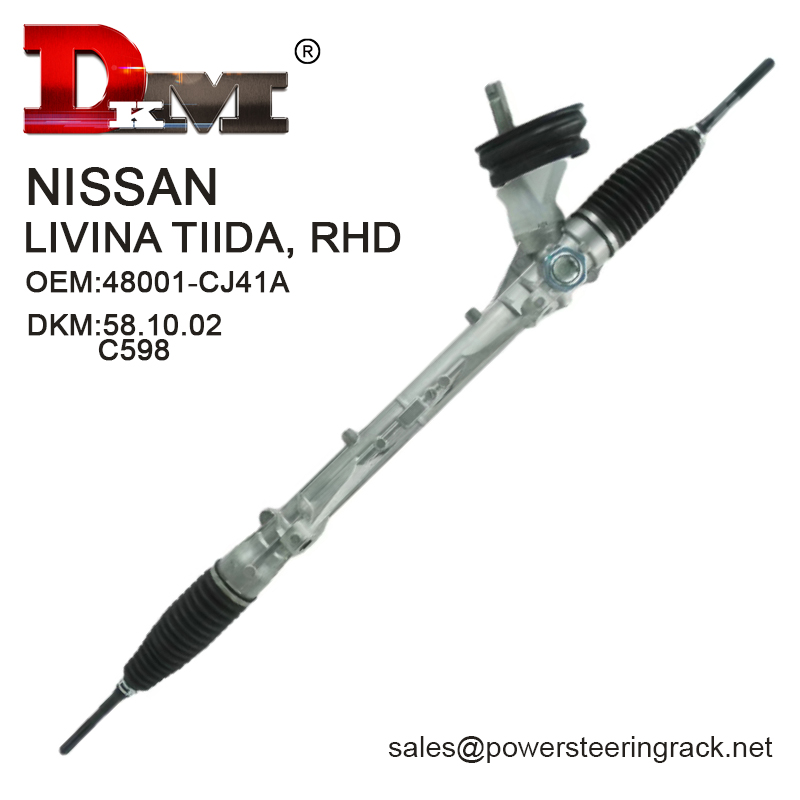
Hydraulic power steering system (HPS)
System Overview
The hydraulic power steering system assists the driver in turning the steering wheel through the pressure generated by the hydraulic pump. The hydraulic pump is usually driven by the engine and transmits the pressure to the steering mechanism through a series of hydraulic pipes, making steering easier.
Driving experience analysis
● Significant power assistance effect: The HPS system provides a significant power assistance effect at low speeds, making steering operations easier. For large vehicles or heavy loads, the hydraulic power steering system is particularly important, which effectively reduces the driver's physical exertion.
● Driving experience is slightly alienated: Due to the intervention of hydraulic power assistance, the feedback between the driver and the road is weakened. Although the HPS system can adjust the power assistance, it still makes the driver feel a certain control gap, especially when driving at high speeds, the subtle changes in the road surface may not be as clear as the mechanical steering system.
● System complexity and maintenance: The HPS system structure is relatively complex, involving hydraulic pumps, hydraulic pipes and corresponding hydraulic oil. Although it provides an easier steering experience, the hydraulic system requires regular maintenance, and once a leak or failure occurs, the repair cost is high.
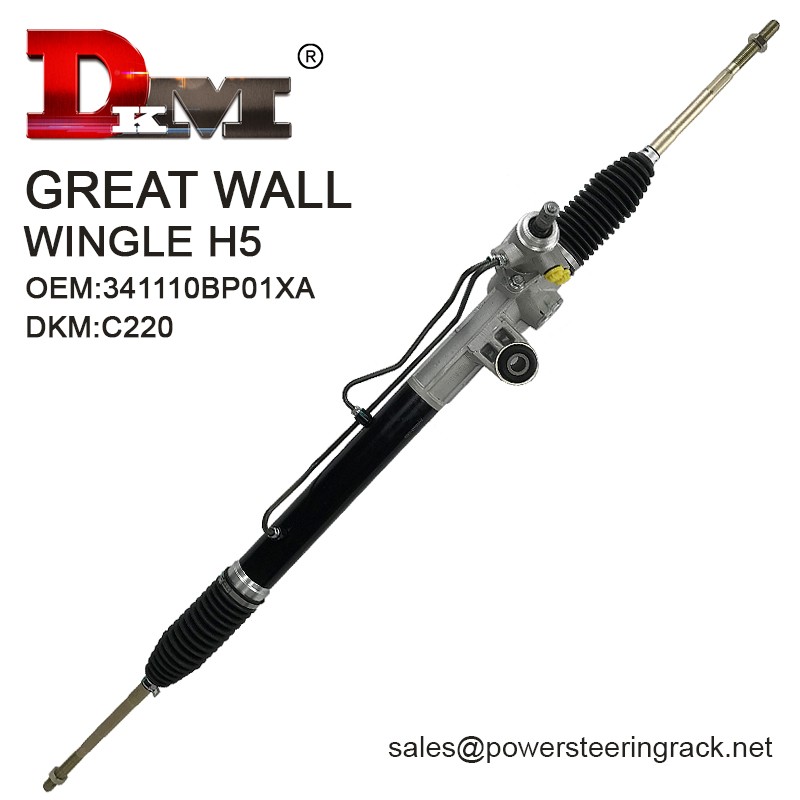
Electric Power Steering System (EPS)
System Overview
Electric Power Steering System (EPS) is the most widely used steering system in modern vehicles. It uses an electric motor to provide power assistance without relying on engine power or hydraulic system. This system uses an electronic control unit (ECU) to adjust the output of the motor in real time to provide power assistance adapted to different driving conditions.
Driving experience analysis
● Flexible and precise control: The biggest advantage of the EPS system is its flexibility and precision. Since the power assist can be intelligently adjusted according to factors such as vehicle speed, steering angle, and road conditions, the driver will feel the steering light at low speeds, while the steering will become more stable at high speeds. This intelligent adjustment allows the EPS system to provide the best steering experience under various driving conditions.
● Good road feedback: Although the electric power assist will intervene in the steering operation, the EPS system can still provide good road feedback due to its advanced electronic control. Compared with the HPS system, the feedback of the EPS system is more natural, and the driver can feel the appropriate road information without losing the sense of control due to the intervention of the power assist.
● System efficiency and environmental protection: The EPS system does not rely on engine power, so it is more energy-saving and environmentally friendly when running. In addition, the electric power assist system does not require hydraulic oil, reducing maintenance requirements and environmental pollution risks.
● Electronic component reliability: Although the electronic control and sensors of the EPS system increase the complexity of the system, the advancement of modern technology has continuously improved its reliability. Nevertheless, once the electronic components fail, the repair cost is high and the repair process may be complicated.
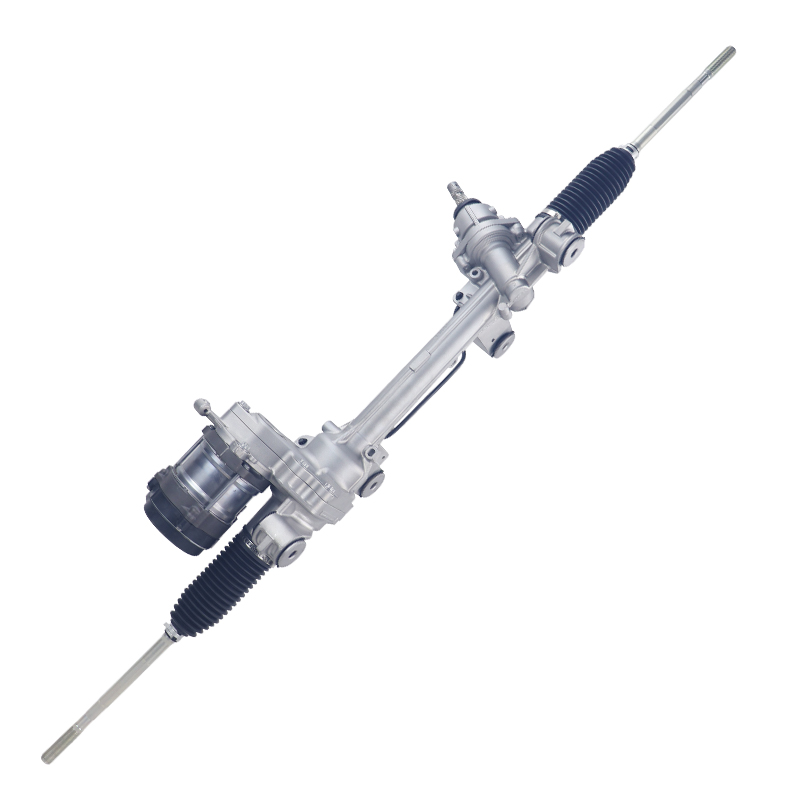
Which steering system has the best driving experience?
When discussing which steering system has the best driving experience, it is necessary to consider a variety of factors, including the driver's personal preferences, vehicle type, driving environment, and the performance characteristics of the steering system.
Mechanical steering system: for those who pursue pure driving feeling
For those car fans who pursue the purest and most direct driving feeling, the mechanical steering system is undoubtedly the best choice. It provides the most realistic road feedback and control feeling, and is suitable for sports driving with high requirements on road conditions. However, this system requires the driver to have a certain amount of physical strength and control skills, so it is not suitable for daily city driving or situations that require frequent parking.
Hydraulic power steering system: suitable for heavy-duty or large-sized vehicles
Hydraulic power steering system performs well in large vehicles and heavy-duty situations. The strong power assistance it provides makes driving easy, especially at low speeds. However, the low road feedback and high maintenance costs may make some drivers feel inconvenient. Therefore, the HPS system is more suitable for vehicles that are heavily loaded or often driven at low speeds.
Electric power steering system: the best overall performance
For most drivers, the electric power steering system is the best overall performance choice. It combines easy control experience, good road feedback and efficient system operation, suitable for various driving environments. Whether it is city driving, highway driving or long-distance travel, the EPS system can provide a good control experience. In addition, its environmental advantages and low maintenance requirements also make it the first choice for modern automakers and consumers.
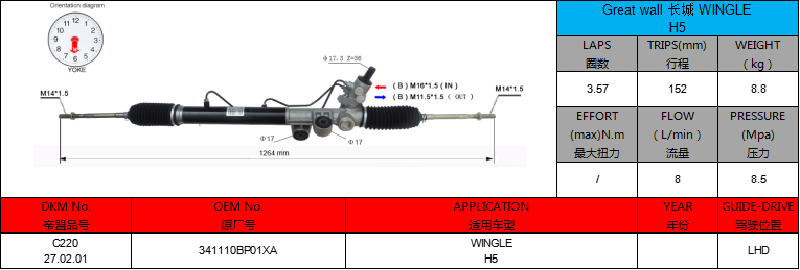
Conclusion
In summary, there is no absolute answer to the question of which steering system provides the best driving experience. Each steering system has its own unique advantages and disadvantages, and the specific choice depends on the driver's personal needs and driving environment. Mechanical steering systems are suitable for those who pursue pure driving feel, hydraulic power steering systems are suitable for heavy-duty vehicles that require strong power assistance, and electric power steering systems have won wide recognition for their flexibility, precision and comprehensive performance.
In daily driving, electric power steering systems are undoubtedly the best choice for most drivers. It not only provides a good handling experience in various situations, but also meets the requirements of modern driving for environmental protection and efficiency. However, for those who pursue extreme driving pleasure or drive under specific conditions, mechanical steering systems or hydraulic power steering systems are also an ideal choice.

